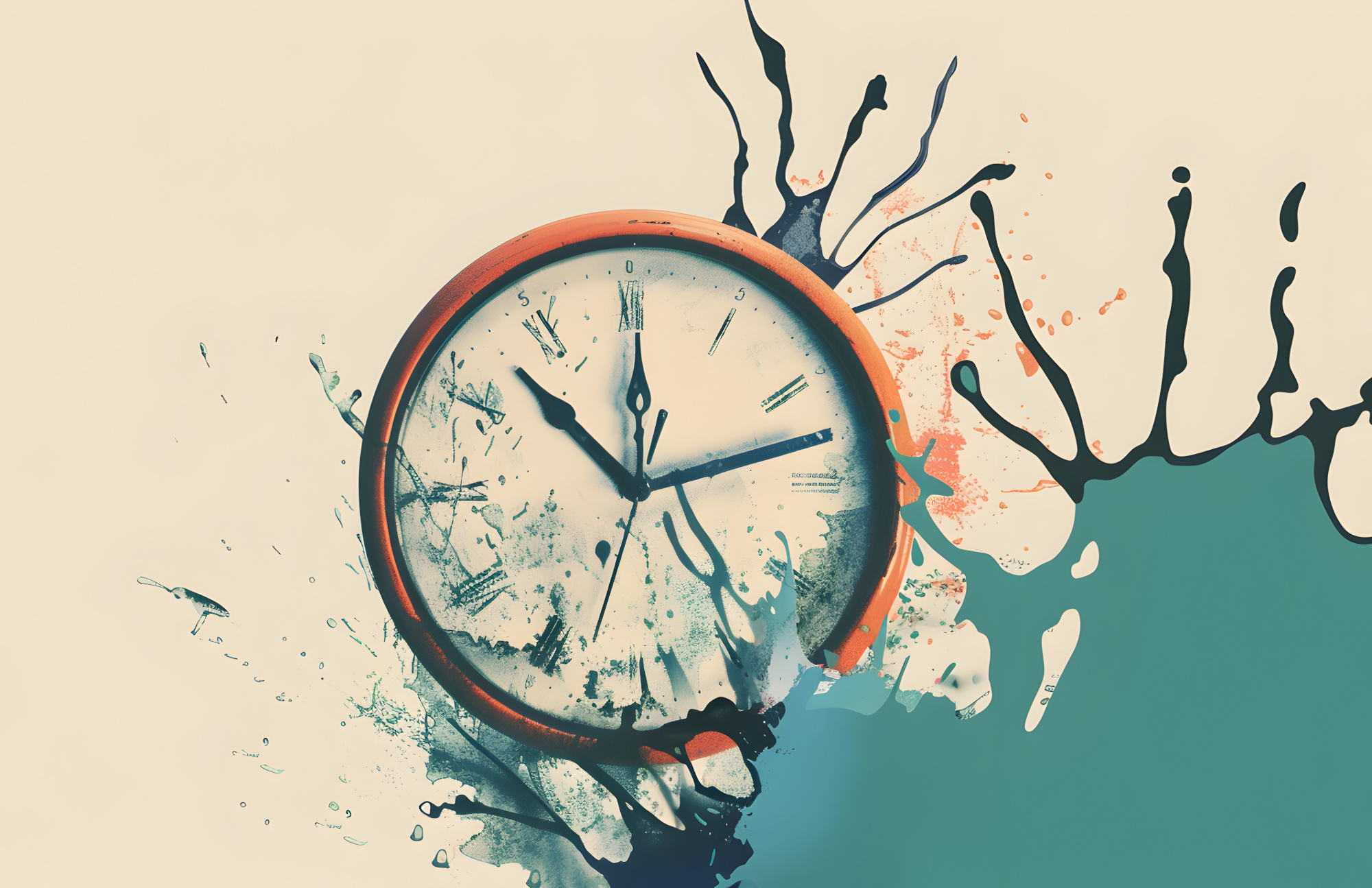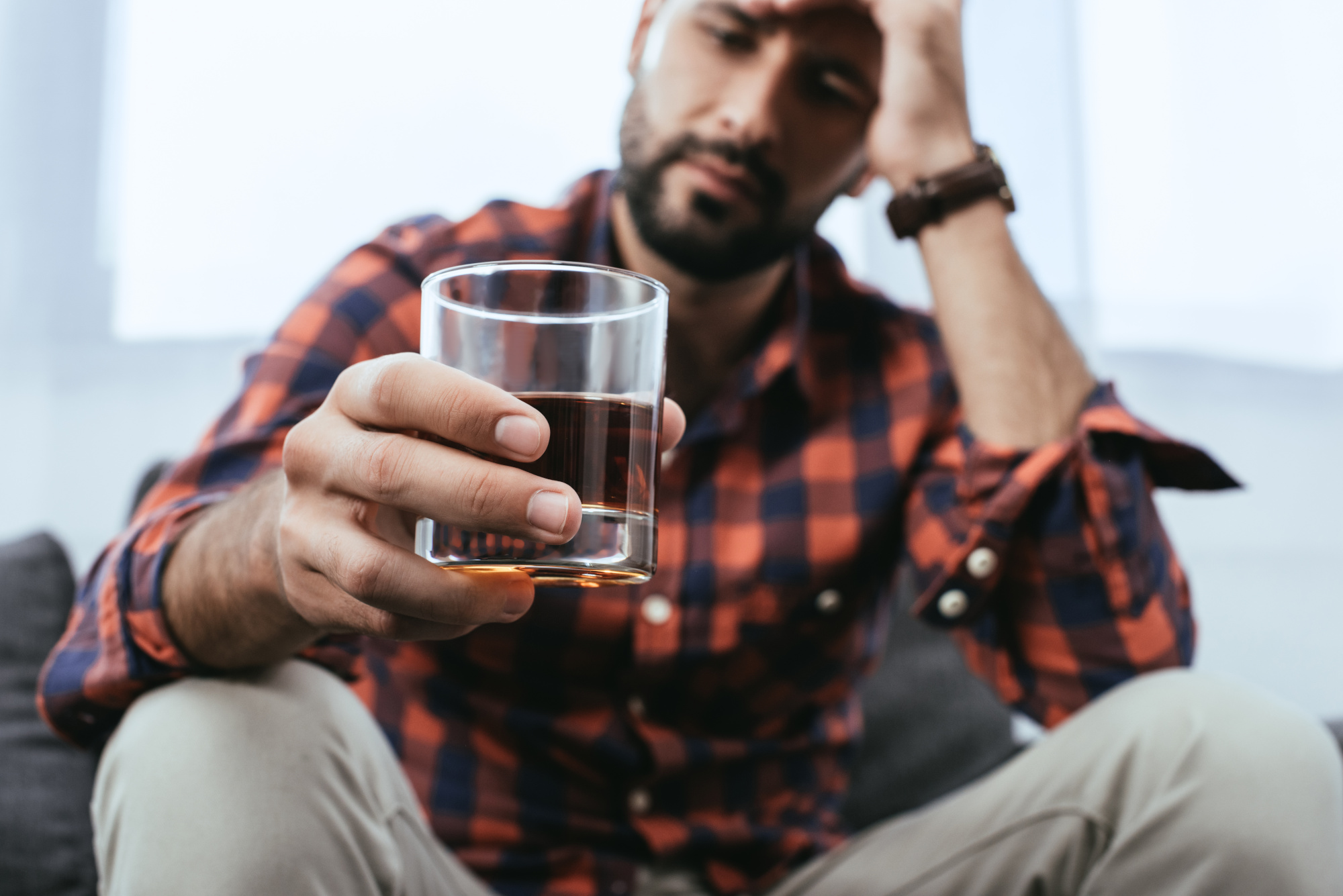Many treatment facilities prohibit or strongly discourage outside contact during addiction treatment. While the reasoning behind this may be understandable, it’s hard to say if cutting off all outside contact is truly beneficial for treatment. At The Ohana Addiction Treatment Center, we encourage our clients to communicate with members of their communities.
We do request that calls are scheduled outside of group sessions, individual therapy, and island adventures, but aside from that, outside communication is not discouraged. Being able to maintain this contact is essential, especially for individuals with professional and personal responsibilities. Because some treatment facilities allow outside contact while others do not, it can be helpful to understand both sides of the argument. This might help you discover what matters to you and help you find the right place to receive treatment if you are struggling with addiction.
Potential Harm of Outside Communication
There are a few reasons why outside communication is discouraged during addiction treatment. The first rationale behind it is to prevent contact with people who may trigger a relapse. Cellphones can be a dangerous weapon while someone is fighting for their recovery. With the possibility of being able to contact drug dealers or friends that you used to abuse substances with, the potential of experiencing a relapse can increase significantly. The same goes for social media. Seeing posts of old friends at bars or parties can be triggering.
Even with contacting family, you should proceed with caution. Family therapy is an effective tool in treating addiction and co-occurring mental disorders. However, if a family dynamic is toxic, then it’s not conducive to a successful recovery. If the family is a contributing factor to someone’s struggle with addiction, learning to cope with those family dynamics should be a priority. Sometimes cutting off all contact with toxic people from your past is the best way to maintain recovery. However, it’s not always so easy to cut off contact with family. Learning how to fix dysfunctional relationships can be possible. You and the other party involved must first be open to making a change.
Benefits of Outside Communication
Despite the potential harm of outside communication during treatment, there are many benefits. The Ohana believes that addiction can be a very isolating disease. Not only are addiction and substance use disorders (SUD) isolating, they can be caused by feelings of loneliness. According to research from the International Journal of High-Risk Behaviors on emotional and social loneliness in individuals with and without SUD, social and emotional feelings of loneliness are high-risk factors that can initiate substance use. Due to this isolation, keeping in touch with friends and family is key to keeping clients connected with life outside treatment. They may feel less alone and have the chance to feel like they aren’t missing out on the lives of their loved ones simply because they’re getting the help they need.
Outside communication is similar to the importance of continuing to work while in treatment. One of our main programs at The Ohana is our executive treatment program. Some people can’t afford to take time away from work to seek treatment. For years, individuals suffered silently. Executive treatment programs allow people to continue focusing on work while receiving treatment. If people can dedicate themselves to their recovery while remaining active in their careers, why shouldn’t they be able to remain active in the lives of their loved ones? Maintaining outside contact will empower you to discover and maintain sobriety while upholding personal relationships.
Knowing What’s Best for You
Many factors determine what treatment facility is best for you and your recovery adventure. The landscape of addiction treatment has changed drastically over the past decade. Treatment programs used to be much more strict and rigid, and even now, some facilities still maintain such rigidity. More facilities today are turning to client empowerment to guide their treatment programs. This means allowing clients to make more decisions regarding their care and treatment.
If you feel that maintaining contact with your loved ones during treatment is healthy for your recovery, you should focus on finding a program that allows you to do so. Others may feel that this contact will be a crutch to them. Keeping in touch with friends and family could prevent these individuals from feeling independent on their recovery journey.
Regardless of whether you believe contact with friends and family is beneficial to recovery, you should have the option to do so. The Ohana Addiction Treatment Center prioritizes helping our clients through individualized care and treatment. That means listening to each client, understanding their needs, and collaborating with them to create the best course of action. Reach out to The Ohana to begin your recovery adventure today.







